What if I told you that coding is the new language of today…
Coding is a new manner for us to clearly communicate our ideas to computer interfaces and is actually easier than learning a completely new language. I am happy to tell you that if you are ready to be inspired, then you have come to right place!
If you are reading this article, then you are most likely reading it from your phone or computer. You might have found it through social media, or on the website where it was posted. How would you feel if I told you that you are currently seeing the final result of millions of lines of code? Each of the digital devices every one of us owns today can be used thanks to the creation of code. But do we even know what code is?
Codes are comparable to our spoken languages but without all the complicated alphabets and grammar structures. They look more like a series of special commands and abbreviations. Let’s take the example of baking. You must know how important it is to follow a recipe very closely if you want to take delicious cake out of your oven.
It takes a lot of work to measure the precise amount of flour, or the number of eggs you added to the mixing bowl. Writing code is the same. You need to break down the steps of what you are creating by using short words, written in a specific format so that your computer is able to recognize what you are telling it to do.
Coding is a new manner for us to clearly communicate our ideas to computer interfaces. You might be sighing with relief now that you know it could be easier to learn code than to learn French, and it’s the complicated word pronunciation. Well, I would gladly like to tell you that if you are ready to be inspired, then you have come to the right place.
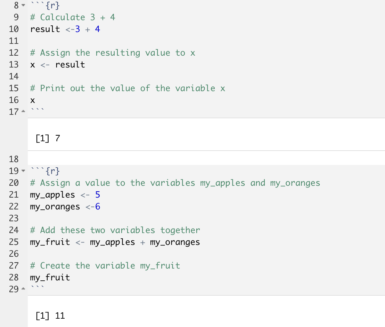

Difficulty barrier to overcome
A lot of people who might have already heard about coding might think that there is a myth that only mathematics and computer nerds are prone to learning code. This is not true! The reason many people don’t learn about code is because of the difficulty barrier they pose for themselves in assuming it is far too demanding in mathematical knowledge. If you think this way, please move past this stereotype and allow me to give you an insight into the marvels of code!
In today’s world, digital advancements have allowed many different coding languages to be developed. Some of the biggest examples include JavaScript, Python, R Script, C, C++, SQL (Structured Query language), and many more2. Each of these coding languages is unique, and it is NOT the goal to learn to use ALL of them. They are usually, each employed in a particular setting; some are more useful for solving complex mathematical equations while others are easier to use for software development. For instance, JavaScript is the code used in making websites, we make use of it every single day without even realizing it2.
Another superstition people might have is the fact that when you are coding you need to write the lines from scratch. This is without a doubt, not the case. When you learn to code, you are taught to use pre-made templates or to assemble compatible codes together to be able to compute the desired outcome. Last year, GitHub and OpenAI launched a new AI tool that is capable of generating its own code, called CoPilot3.
This tool is known to take natural language prompts and establish corresponding individual lines of code that you can use to improve your algorithm. As a coding assistant, CoPilot can also facilitate the use of multiple coding languages4. CoPilot is only one recent example of a helper software for code usage, there are actually many other softwares being engineered to the present day. Therefore, there are many tools out there to help facilitate and enhance the quality of the code you would write.
Development of code
Code was first created to make it easier for computer scientists to be able to use computers. Computers were first created because we found it extremely tedious and error-prone to perform mathematical calculations5. Over time, code developed itself into the programming languages we have heard of today and allowing it to be more rapid and efficient in its use. This has even led to the creation of Autocode (A-0), whose name implies the automation of computer codes6 . In other words, this translates as the first automated algorithms which greatly contribute to alleviating scientists’ work on computer programming. When considering the fact that code usage only started to boom in the middle of the 20th century, we can see that it has come a very long way today2. Our survival has become dependent on code: it keeps the world running.
How could YOU benefit from learning code?
Coding enables you to develop your creative and problem solving skills. You are indeed breaking down a large task into an intricately linked sequence of commands.
Patience is crucial for your progress, as you learn by practicing to put your commands in the right order. The programs you might use to run your code are most of the time difficult to deal with when you do not know how to fully use the coding language yet. When you start learning code, you are likely to obtain many of the error messages in the photo below. While it might be frustrating to move forward from the mistakes and incomprehensible error messages your computer might return, you will learn that consistency will become your key to accomplishment. You may only grow from understanding the errors you make.
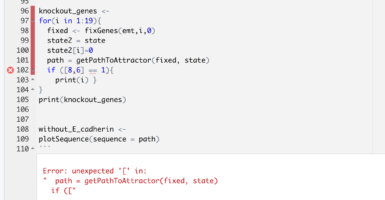

Additionally, I can assure you that you will get a better understanding of how computers think. Coding has the potential to change the way we think and can also enable us to view ourselves differently in society. For example, if you wanted to learn to analyze scientific data to help contribute to the world of research, your investment in that would bring you a piece closer to completing the puzzle of the technical era we are approaching.
[1] Mitchel Resnick and David Siegel (quotes) https://brightthemag.com/a-different-approach-to-coding-d679b06d83a
[2]https://www.codeconquest.com/what-is-coding/common-programming-languages/
[3] https://www.theverge.com/2021/6/29/22555777/github-openai-ai-tool-autocomplete-code
[4]https://github.com/features/copilot/
[5]https://www.quora.com/Why-was-coding-invented
[6] https://www.thecoderschool.com/blog/the-history-of-coding-and-computer-programming/
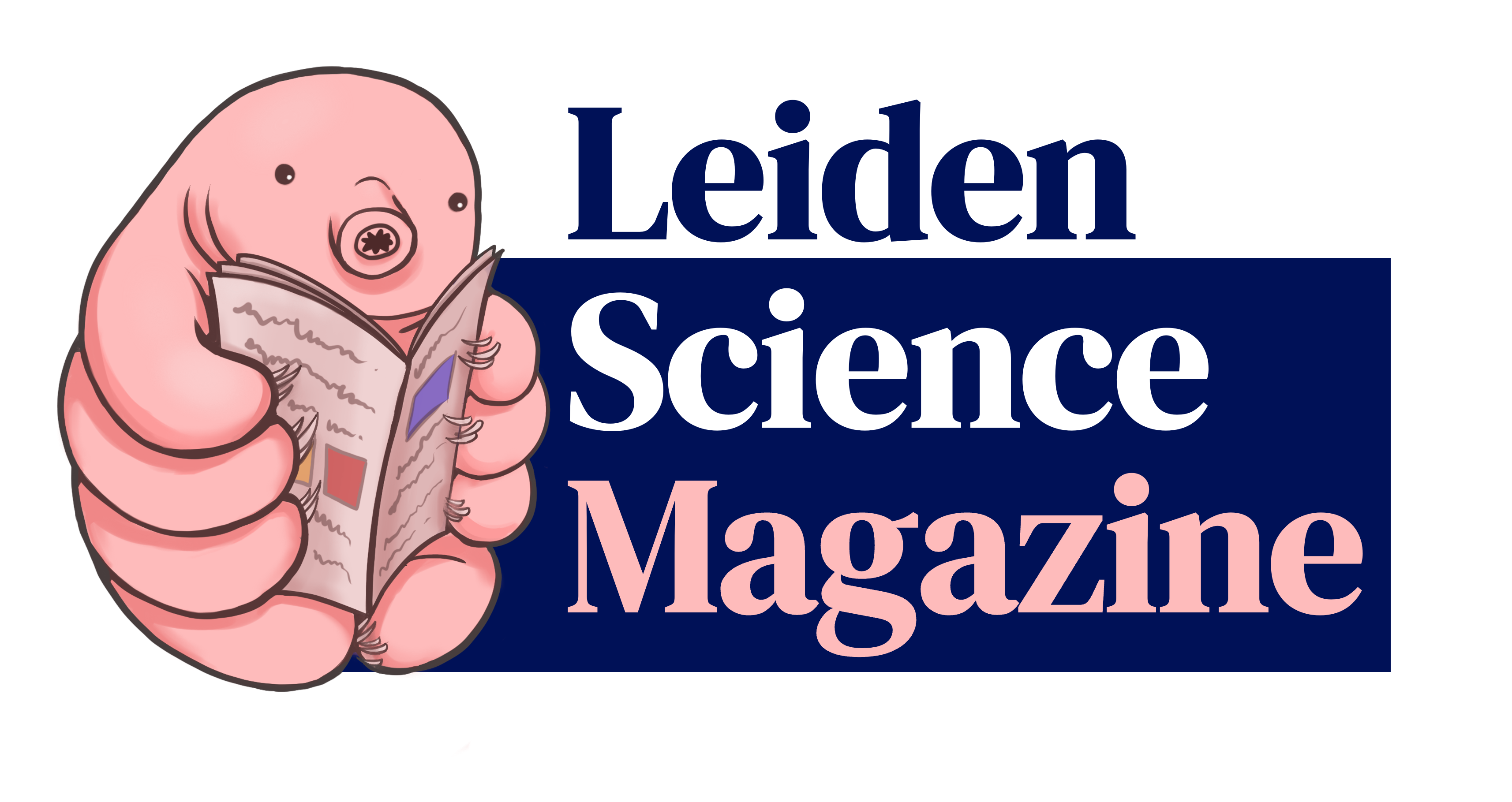


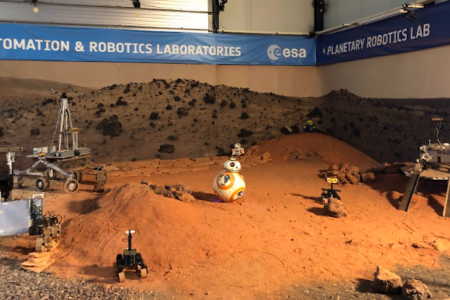

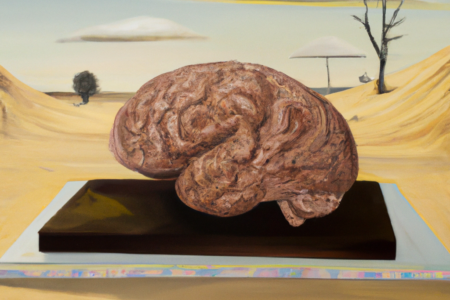
0 Comments
Add a comment